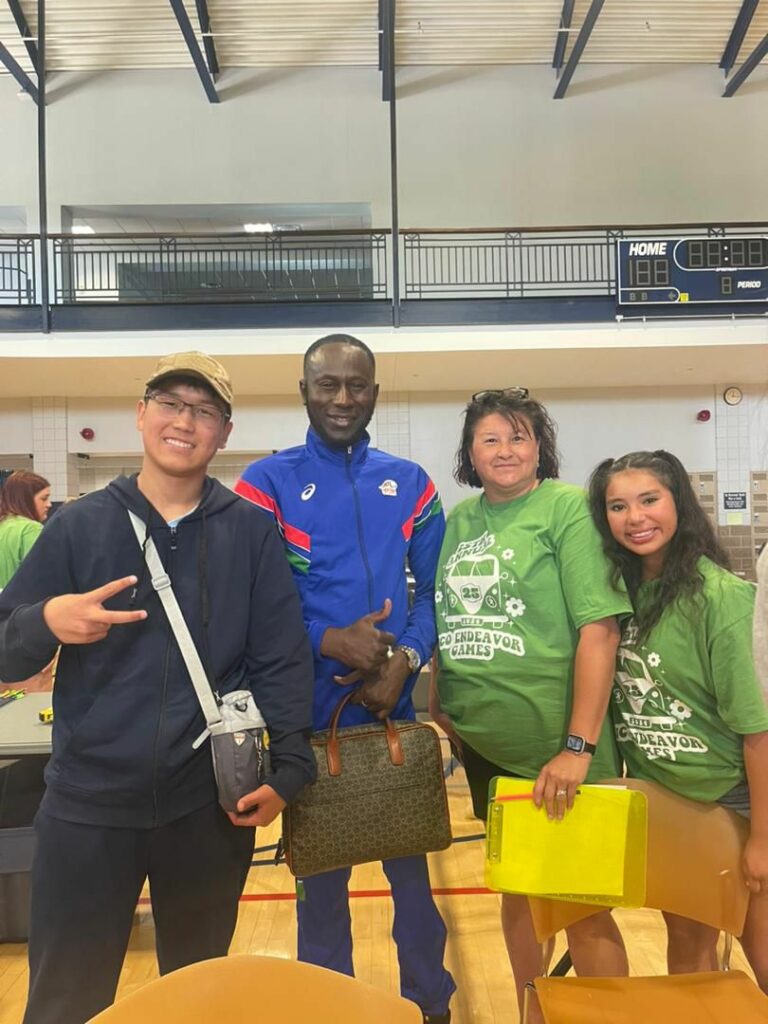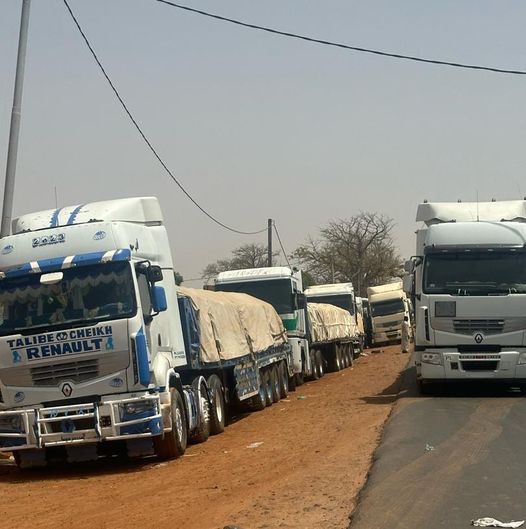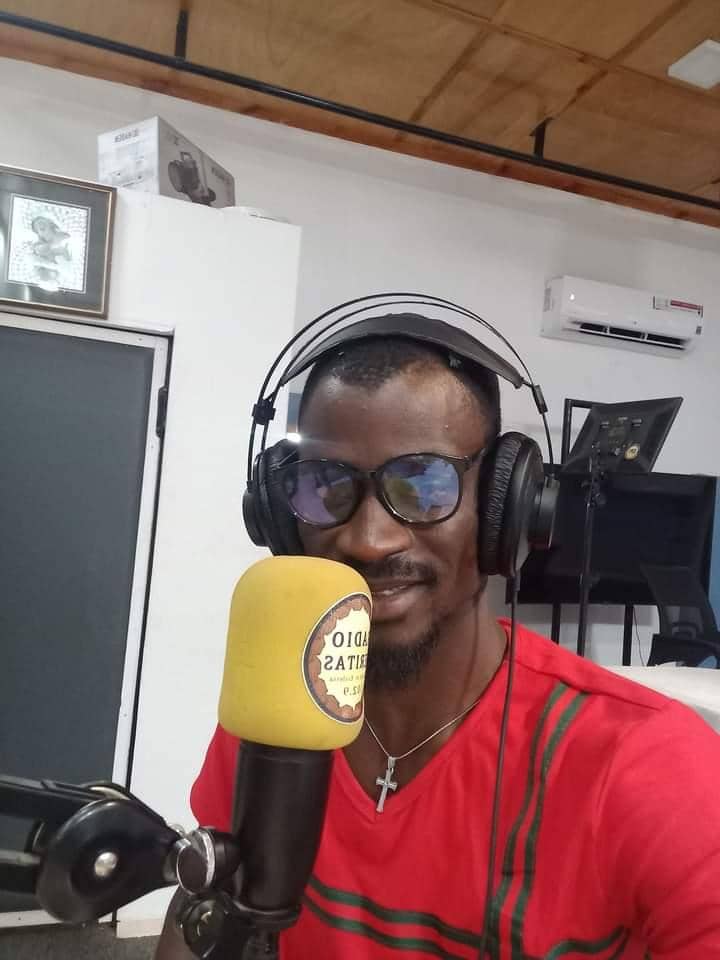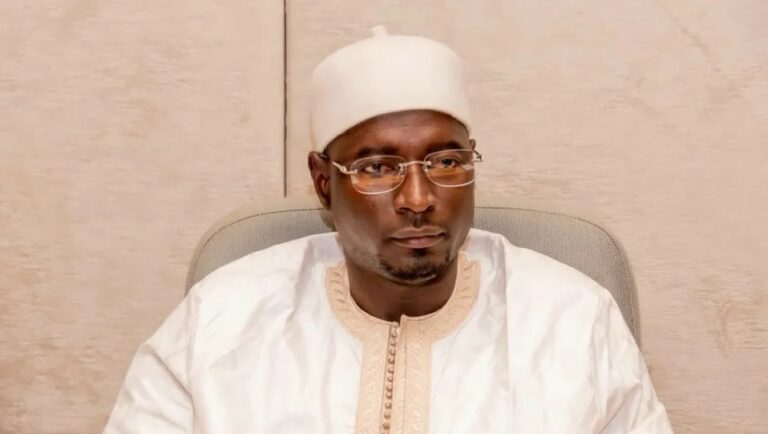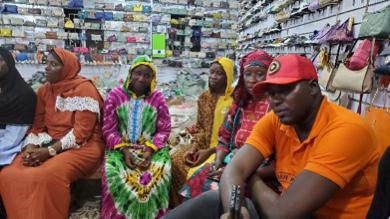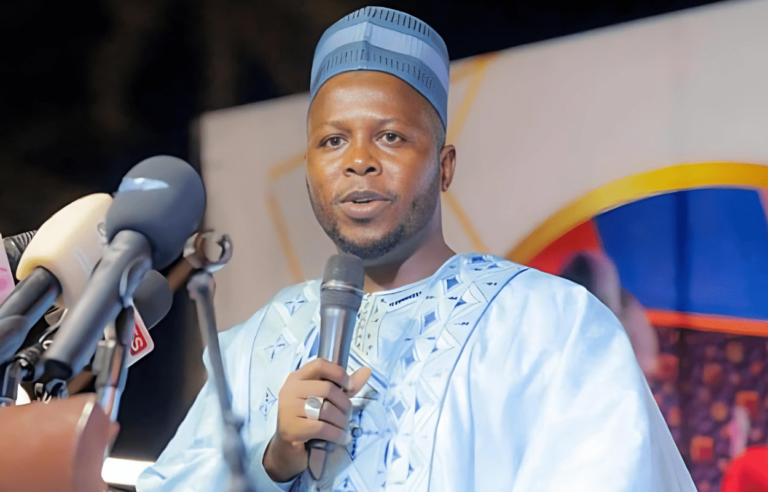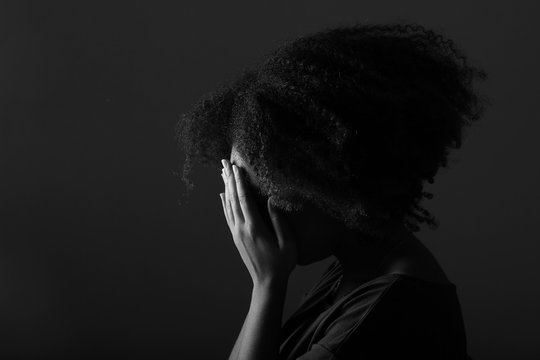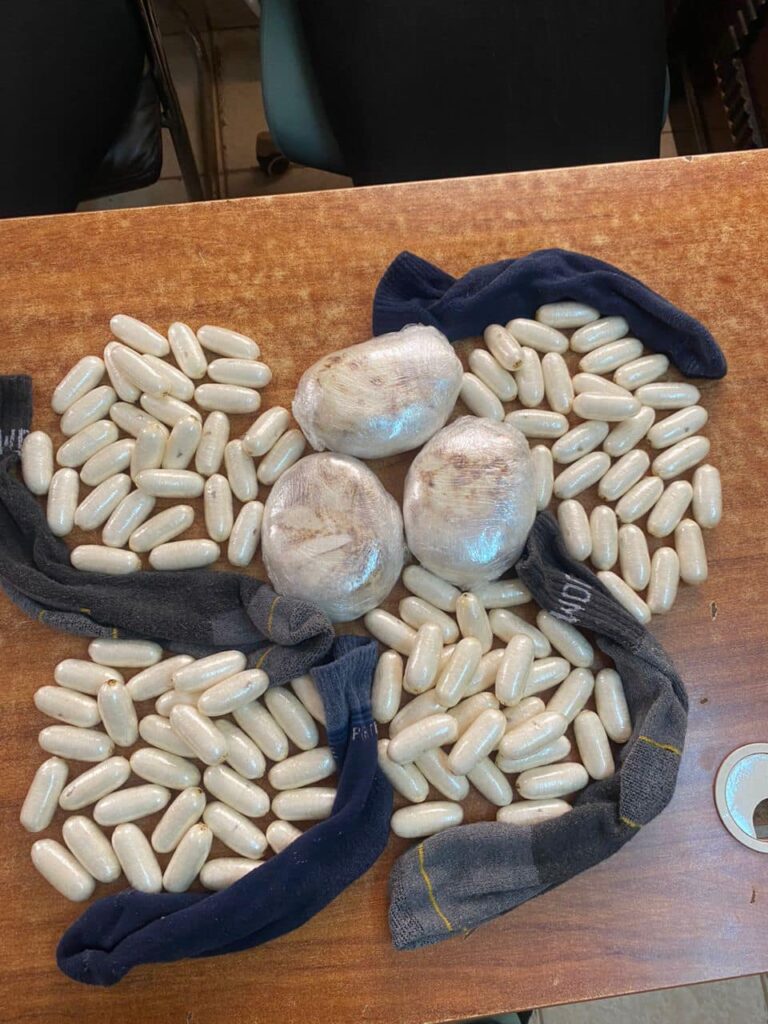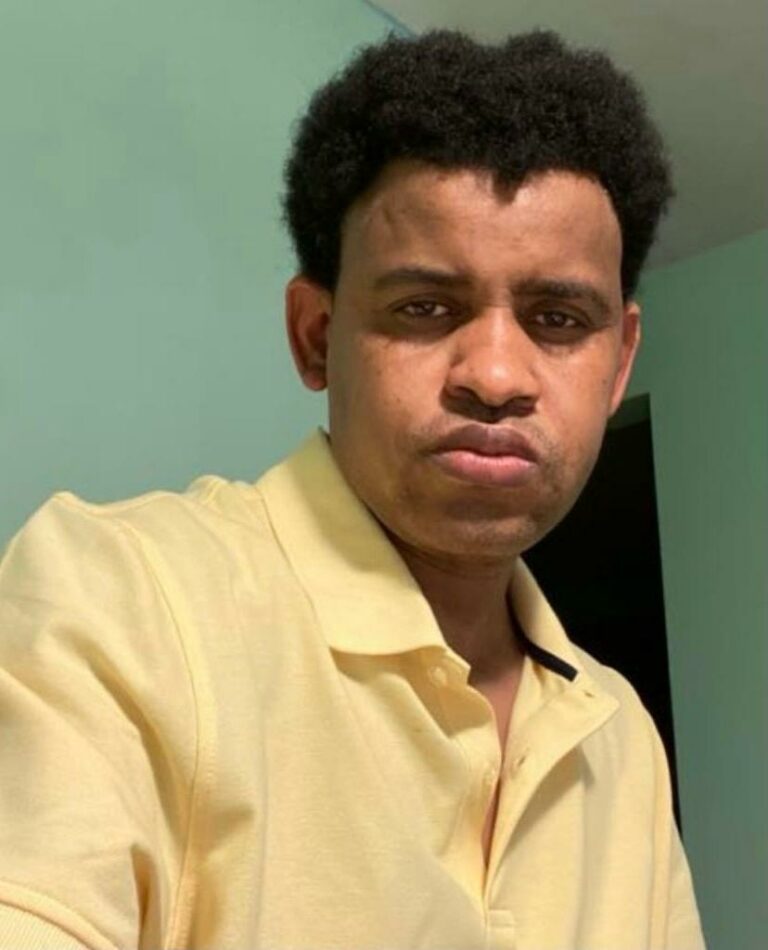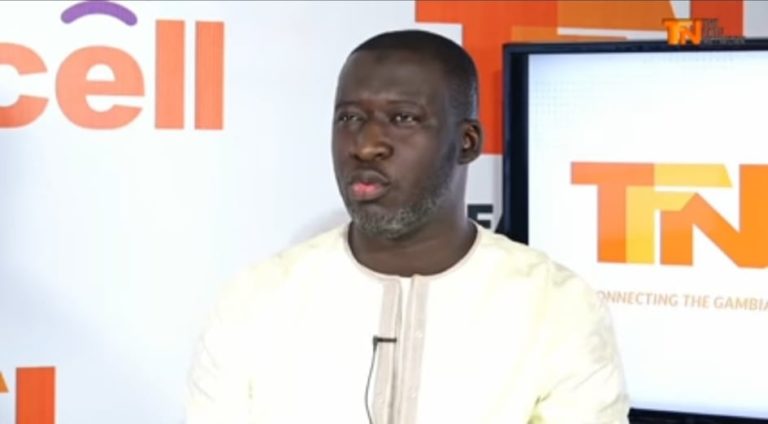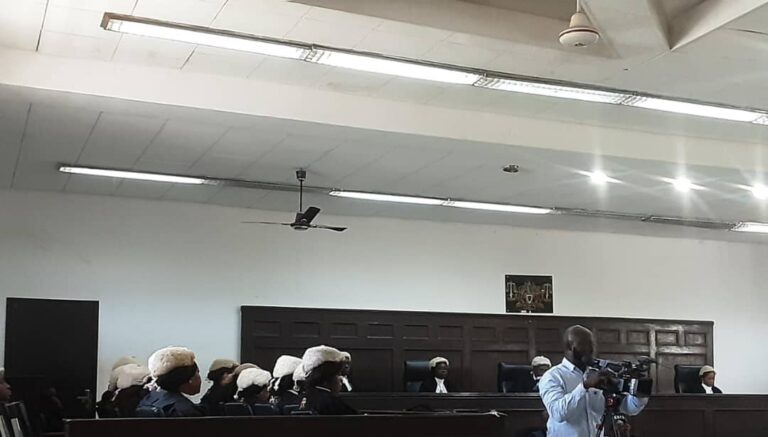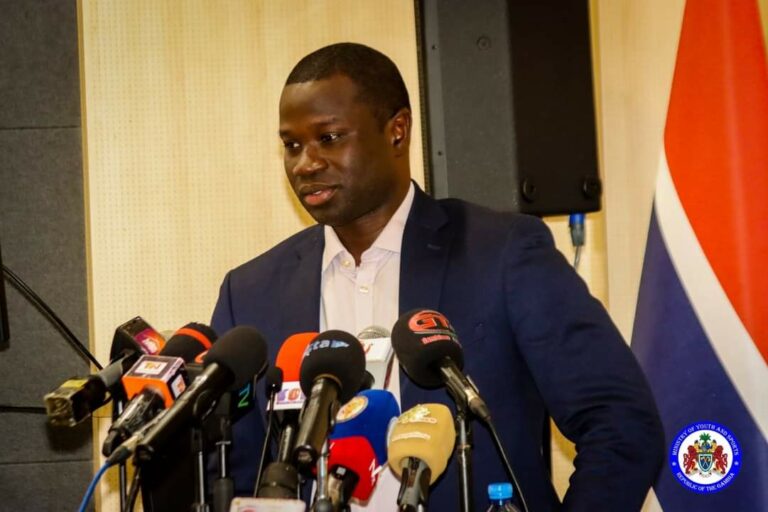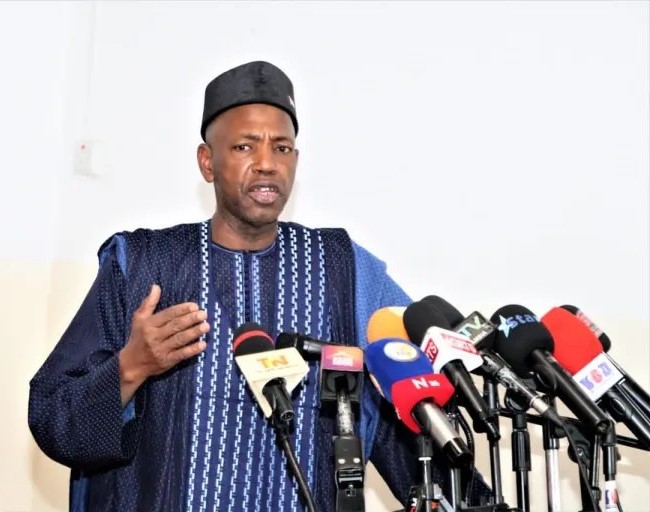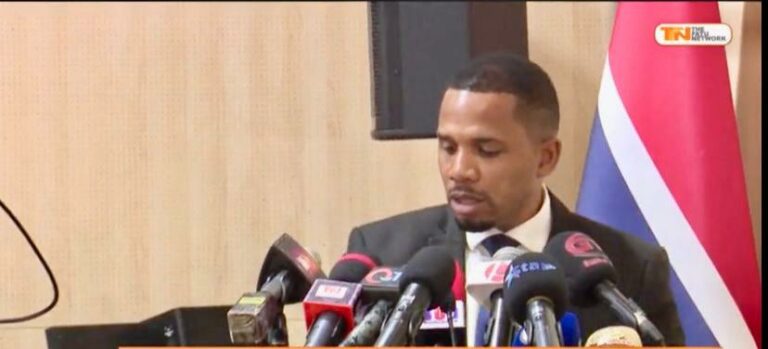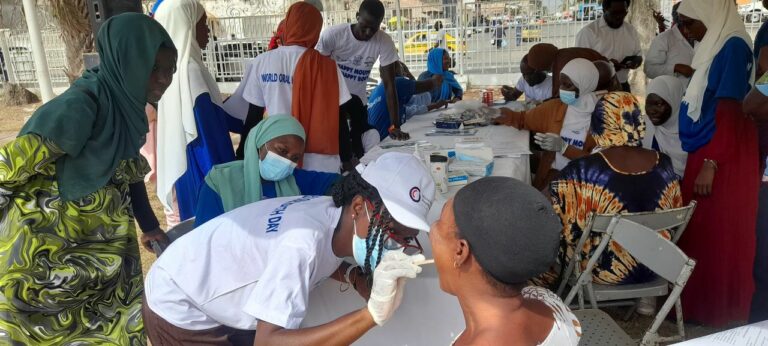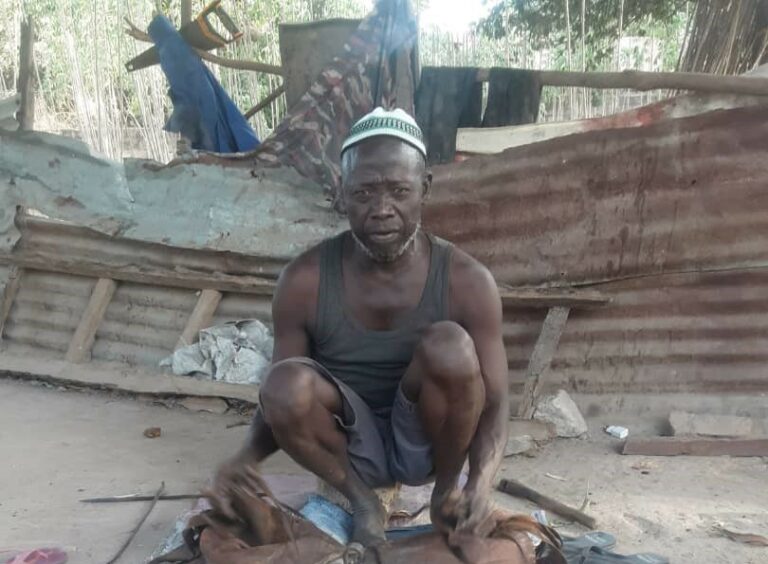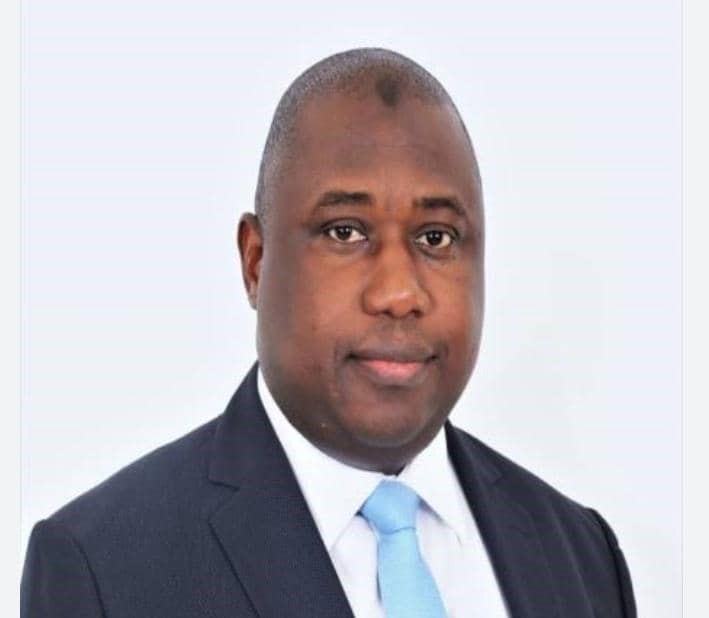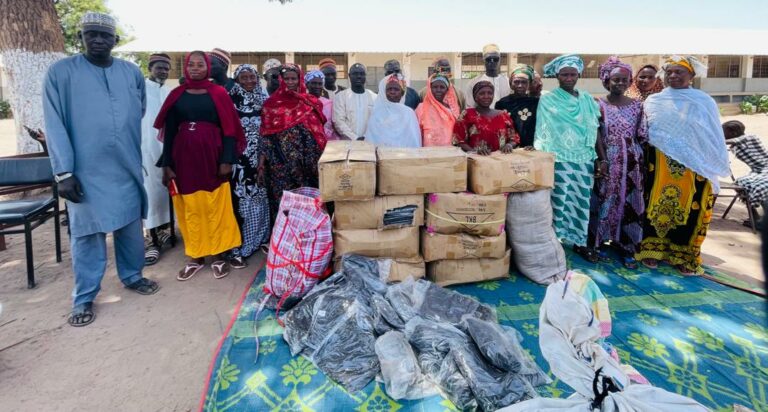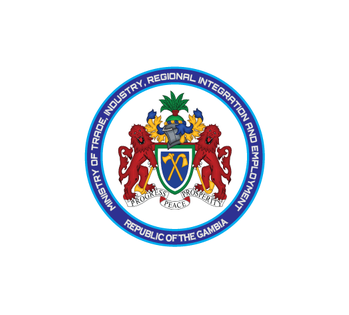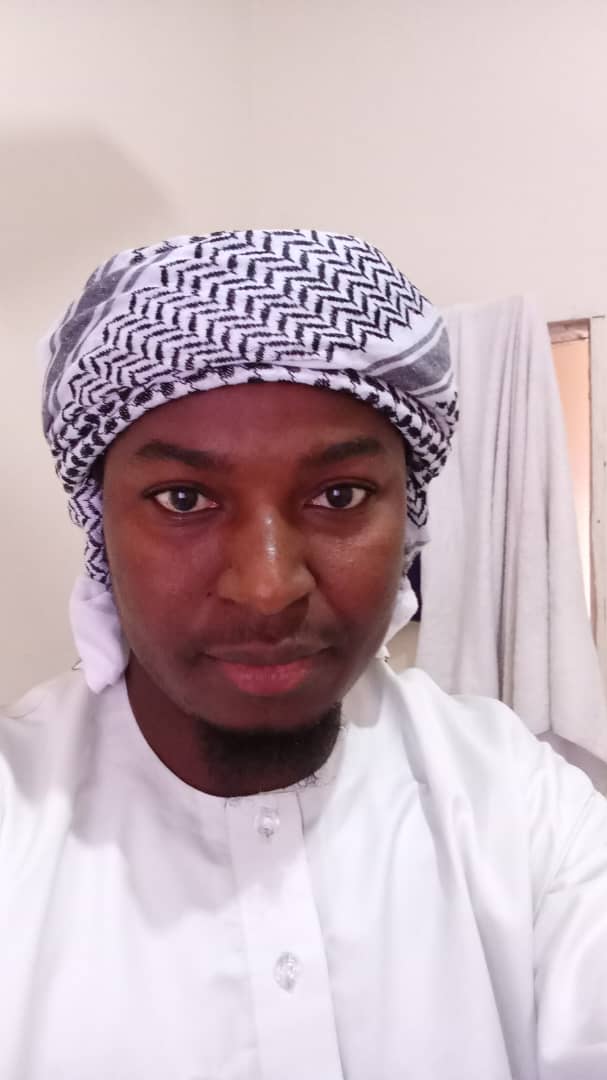By Dawda Baldeh
In The Gambia, a contentious debate persists over whether Female Circumcision/Female Genital Mutilation (FGM) is rooted in religion or culture, and whether it should remain criminalised.
Activists aim to end FGM, considering it as a form of abuse towards women and girls. On the other hand, religious leaders and traditionalists argue that the practice is cultural and spiritual.
Abu Muqbil Bah is among those who believe that both female circumcision and FGM are harmful to women and girls, and he advocates for a ban on the practice.
He has urged religious leaders not to associate the practice with religion.
“It doesn’t matter who you ask but female circumstance/FGM is causing a lot of problems for women and girls. There are a lot of women who are facing problems in their marriages because of undergoing this practice.
“We cannot religionize the practice to continue troubling women and girls,” he said.
He further questioned what additional evidence was needed when women enduring this pain and health workers have provided testimony.
He characterized the practice of female circumcision as favourable but not mandatory, which was observed during the time of the Prophet Muhammad (S.A.W.).
“Our Prophet found a woman doing it and advised her not to cut too much,” he added.
Responding to questions on the Shariah ruling on someone who threatened a leader, Muqbil said: “Leaders are to be respected and you can’t threaten them and label them as ‘kafir’. This is not acceptable.”
Furthermore, he blamed some religious scholars for being influenced by their emotions and hiding behind Islam to push their personal agendas such as “wanting to become politicians.”
“Female circumcision/FGM is sunnah and one does not become a disbeliever because of not practising it.
“That has to be very clear. Some scholars are just talking and threatening people.
“There is no strong Hadith that supports that female circumcision is sunnah and even those Hadiths they are relying on are not authentic,” Abu asserted.
He stated that the government possesses the full authority to prohibit the practice of female circumcision/FGM without religious repercussions if it results in harm to women and girls.
“A sunnah that is causing harm needs to be abolished. Sunnah is not obligatory and if one does not do it there is no sin,” he added.
Confident in his understanding of Shariah, Abu invites scholars to debate the topic of female circumcision/FGM.
“Let them not say I am too young to challenge them on a debate,” he emphasised.
Despite contradictory views from Abu, he remains confident that what he says is right.
However, he clarified that not all those who have undergone the practice are facing problems today, but some are living a difficult life after the practice.
“Many are not speaking out because of the fear but they are suffering in their marriages.
“Some don’t feel anything during intimacy with their husbands and that too has ended a lot of marriages because the women are not speaking,” he said.
“Sometimes, when you speak the truth, the elders will be angry but to me, it doesn’t matter if I say what the Quran says and what people say about me is not my problem,” he told The Fatu Network.
Shafi’i school of Islamic thought considers FGM to be obligatory.
While the Hanbali, Maliki and Hanafi schools of Islamic laws consider FGM to be recommended (or preferred).
Although religious views have influenced the practice of FGM, it is a practice that predates Islam.

